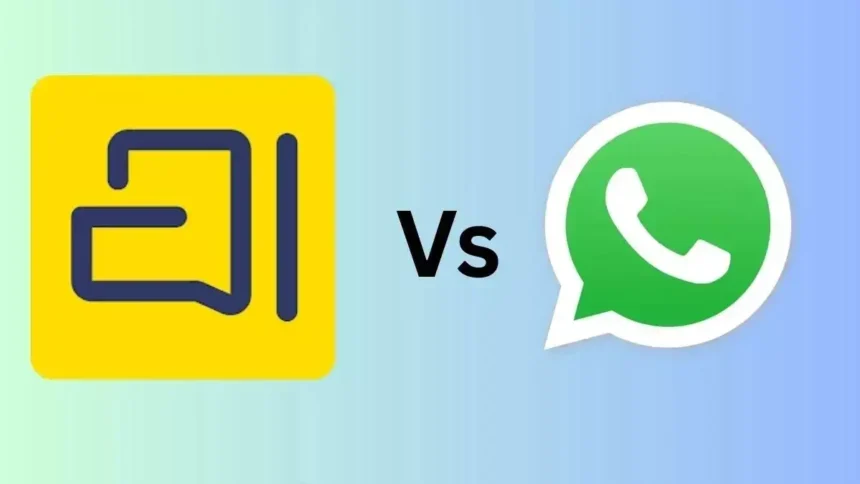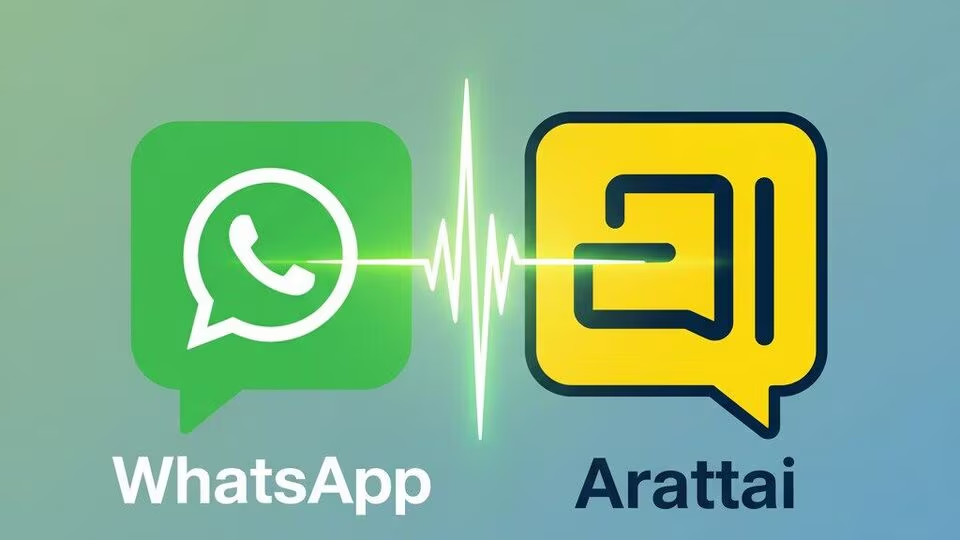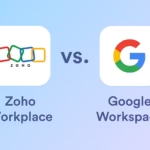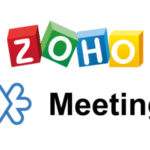In today’s digital-first era, instant messaging applications are not just tools for communication—they are essential platforms for personal, professional, and business interactions. While WhatsApp has long dominated the global messaging space with over two billion active users, newer entrants like Arattai, an Indian-made messaging app developed by Zoho Corporation, are challenging its dominance by offering better privacy, localization, and independence from big tech.
This article provides an in-depth comparison between Arattai and WhatsApp, exploring their features, privacy policies, security protocols, usability, and unique benefits. By the end, you’ll have a clear idea of which platform may suit you better depending on your needs.
1. Introduction to Arattai and WhatsApp
-
WhatsApp: Launched in 2009, later acquired by Meta (Facebook) in 2014, WhatsApp revolutionized communication with free text messaging, voice calls, video calls, and file sharing. Today, it remains the most widely used messaging platform worldwide.
-
Arattai: Introduced in 2021, Arattai (which means “chat” in Tamil) was launched by Zoho Corporation, an Indian SaaS giant. Its vision is to provide a Made-in-India alternative to WhatsApp with strong privacy controls, independence from foreign ownership, and seamless integration with Zoho’s ecosystem.
The key difference here lies in ownership: WhatsApp is part of a global conglomerate focused on monetization through ads and data usage, while Arattai positions itself as a privacy-first app backed by a company with no history of data-selling.
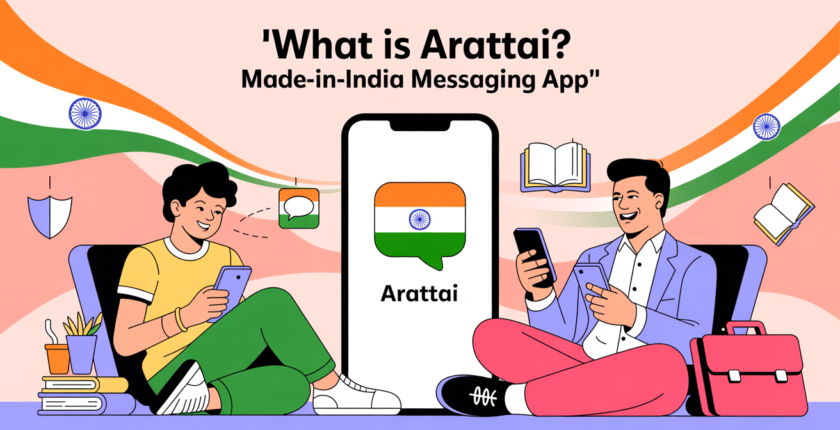
2. Features Compared
WhatsApp Features
-
Messaging – Text, voice notes, images, GIFs, stickers, documents, and more.
-
Voice & Video Calls – High-quality 1-to-1 and group calls.
-
Status Updates – 24-hour disappearing stories like Instagram and Snapchat.
-
Groups – Supports up to 1024 members, admin controls, and broadcast lists.
-
Cross-Platform Sync – Works on iOS, Android, desktop, and web.
-
Payments – UPI integration for peer-to-peer payments in some countries.
-
Business Accounts – WhatsApp Business app and API for companies.
-
Cloud Backup – Google Drive/iCloud integration for chat backup.
Arattai Features
-
Messaging – Secure text, images, voice, stickers, and multimedia.
-
Voice & Video Calls – End-to-end encrypted HD calls.
-
Groups – Group chats with admin features, though not as large as WhatsApp yet.
-
Made-in-India Stickers – Region-specific stickers and localization.
-
Data Privacy – No third-party ads, no selling of data.
-
Zoho Ecosystem Integration – Arattai integrates with Zoho tools like email, calendar, and productivity apps.
-
Cloud Independence – Data hosted on Indian servers, addressing sovereignty concerns.
-
Upcoming Features – Secure file sharing, encrypted cloud storage, and enterprise-level controls.
Verdict on Features: WhatsApp has more mature features and global reach, while Arattai focuses on privacy and localized needs, which appeals to privacy-conscious users in India.
3. Privacy Policies
WhatsApp Privacy
-
Owned by Meta, which has been criticized for its data collection practices.
-
Collects metadata (who you talk to, when, how often), though message contents are encrypted.
-
Shares certain information with Meta’s ecosystem for targeted advertising.
-
Requires linking your account with a mobile number.
Arattai Privacy
-
Claims no ads, no data selling, and no hidden trackers.
-
Operated by Zoho, a company with a strong record of refusing to monetize via ads.
-
Stores data within India, giving users more control and addressing data sovereignty issues.
-
Transparency reports indicate minimal collection of metadata.
Verdict on Privacy: Arattai clearly wins on trustworthiness and independence from big tech, while WhatsApp continues to raise concerns regarding its ties to Meta’s ad-driven business model.

4. Security Protocols/Feature Comparison
WhatsApp Security
-
End-to-End Encryption (E2EE): Messages, calls, photos, and videos are encrypted using Signal Protocol.
-
Two-Step Verification: Optional PIN-based login security.
-
Cloud Backups: Encrypted backups introduced, but user must enable them.
-
Security Concerns: Vulnerabilities have been exploited in the past (e.g., Pegasus spyware).
Arattai Security
-
End-to-End Encryption: Claimed for messages and calls, though not independently audited yet.
-
Zoho Security Standards: Zoho follows strong enterprise-level security practices.
-
Data Hosting in India: Reduces risks of foreign surveillance.
-
Still New: As a young app, it hasn’t faced large-scale attacks yet, so long-term reliability is untested.
Verdict on Security: WhatsApp has a proven track record with encryption but is targeted heavily by hackers. Arattai has a clean slate but needs independent audits for global confidence.
5. User Experience and Interface
-
WhatsApp: Simple, familiar interface with a massive user base. Easy for anyone to adopt. However, clutter has increased with business ads and new features.
-
Arattai: Clean, minimal interface inspired by WhatsApp but localized for Indian users. Still evolving, so it lacks polish in some areas.
Verdict: WhatsApp offers familiarity, while Arattai offers a fresh, uncluttered experience for those willing to try something new.
6. Pros and Cons
WhatsApp Pros
-
Global user base.
-
Mature features and stability.
-
Wide cross-platform availability.
-
Business integrations.
WhatsApp Cons
-
Privacy concerns due to Meta ownership.
-
Collects user metadata.
-
Ads and commercialization slowly increasing.
Arattai Pros
-
Indian-made, focused on privacy.
-
No ads, no data selling.
-
Integrates with Zoho’s ecosystem.
-
Data hosted in India.
Arattai Cons
-
Smaller user base.
-
Lacks some advanced features of WhatsApp.
-
Needs independent security audits.
7. Business & Enterprise Use
-
WhatsApp: Widely adopted by small businesses and enterprises through WhatsApp Business API, enabling customer support, marketing, and payments.
-
Arattai: Could appeal to Indian enterprises that value data sovereignty and want integration with Zoho tools. Still lacks business-specific APIs at WhatsApp’s scale.
8. Which App Should You Choose?
-
Choose WhatsApp if you need a widely used, globally connected app with robust features, business support, and stability.
-
Choose Arattai if you prioritize privacy, data sovereignty, and independence from big tech, and don’t mind being part of a growing but smaller user base.
9. The Bigger Picture
The comparison between Arattai and WhatsApp isn’t just about features—it’s about control, privacy, and ownership. While WhatsApp offers global reach and reliability, it comes with ongoing concerns about privacy. Arattai represents the rise of localized, privacy-first communication apps, giving users more options beyond the dominance of Meta.

